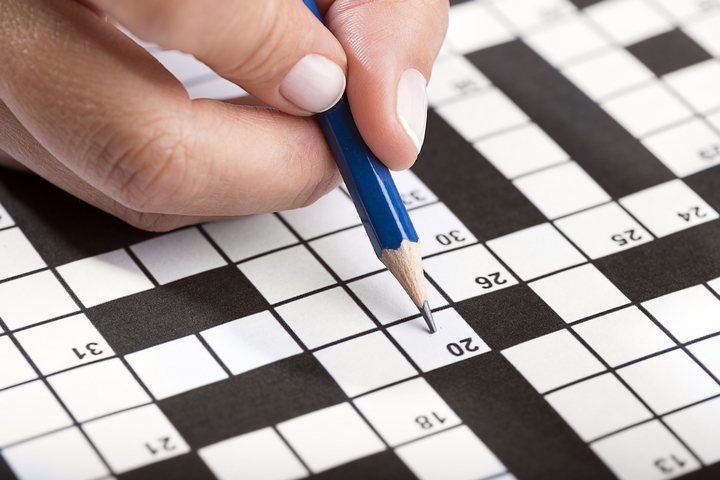The Role of Mental Health in Canadian Criminal Law
Mental health is very important in the law of Canada about crime. The meeting of mental health and legal systems can be complicated, needing special understanding and thoughtful thinking. Knowing how mental problems are handled by Canadian courts might greatly change a case’s result – if you’re an accused person, part of their family or even working as a legal expert yourself.
Recognizing the Importance of Mental Health Assessments
The initial stage for defendants dealing with mental issues often involves a thorough evaluation of their mental health. A comprehensive assessment of mental health, usually led by an expert in psychology or psychiatry, helps to decide the state of mind that a defendant was in when they allegedly committed an offense. This assessment can have an impact on choices related to criminal accountability, suitability for legal proceedings and what treatment is suitable. Initial evaluation is very important to make sure mental health factors are properly included in the legal process.
Understanding the Not Criminally Responsible (NCR) Defense
In Canada, if a defendant has serious mental health problems, they might use the Not Criminally Responsible (NCR) defense. This defense applies when at the moment of committing crime, the defendant was experiencing a mental disorder that made them unable to understand and comprehend what they were doing or realize its wrongness. If this defense succeeds, an NCR verdict can result in the accused being sent to a mental health review board instead of going through regular prison time. This outcome emphasizes treatment and rehabilitation over punishment.
Navigating Fitness to Stand Trial
Determining if an accused individual is mentally fit to stand trial is crucial, as they need to understand the proceedings and effectively communicate with their criminal lawyer Brampton. Those who cannot engage in a trial due to mental incapacity may be hospitalized until they can participate. Legal fitness encompasses the ability to grasp trial components and interact informedly with counsel, safeguarding a fair legal process. This measure ensures the judicial system respects mental health conditions while maintaining justice.
The Role of Mental Health Treatment in Sentencing
In the phase of sentencing, we also think about mental health problems. The judge can take into account the criminal’s mental health when deciding on an appropriate punishment. Frequently, they choose options other than putting them in prison like treatment programs or sentences within community settings. These substitutions are intended to deal with the hidden mental health problems and lessen chances for re-offense.
The Importance of Legal Representation
Understanding the complicated aspects of mental health within the criminal justice system is not easy. It needs a lawyer who has knowledge in both criminal law and mental health matters to guide correctly, making sure that the accused person’s rights are safeguarded and their requirements for mental wellbeing are met. Having good legal representation can greatly affect how the case turns out, promoting fairness and justice in its resolution.
Thinking about mental health is very important in the criminal law of Canada. It can influence many parts, like how we evaluate someone’s mind state and their defense strategies or if they are fit for a trial and what happens when it comes to giving out sentences. Grasping these elements helps those accused of crimes and their families better understand the workings of law, making certain that problems related to mental health are recognized correctly within the court procedure. With correct legal assistance and emphasis on treatment instead of punishment, people suffering from mental health difficulties can find justice with compassion in Canada’s criminal justice system.

